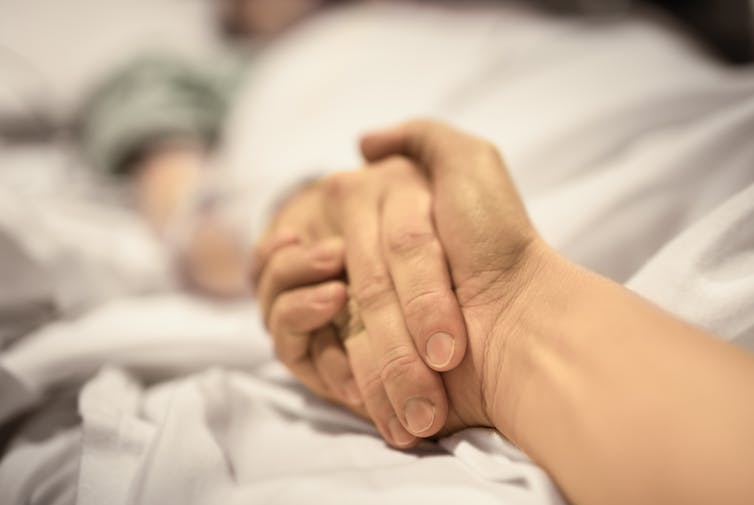By Dominic Wilkinson and Julian Savulescu
An edited version of this was published in The Conversation
The UK government is set to announce that COVID-19 vaccination will become mandatory for staff in older adult care homes. Staff will be given 16 weeks to undergo vaccination; if they do not, they will face redeployment from frontline services or the loss of their job. The government may also extend the scheme to other healthcare workers.
It is crucial to achieve a high vaccine uptake amongst older adult care home staff due to the high mortality risk faced by residents. ONS Data suggest that there has been a 19.5% increase in excess deaths in care homes since the beginning of the pandemic, with COVID-19 accounting for 24.3% of all care home resident deaths.
According to SAGE, 80% of staff working in care homes with older adult residents (and 90% of the residents themselves) need to be vaccinated in order to confer a minimum level of protection to this vulnerable population. In mid-April, only 53% of older adult care homes in England were meeting these thresholds, whilst, as of the 10th June, 17% of adult care home workers in England have not had a single dose of the COVID-19 vaccine.
Mandating vaccination would increase vaccine uptake in care home workers, but would be a significant intrusion into individual freedom. Is it ethically justifiable?
Read More »Mandatory Vaccination for Care Workers: Pro and Con




